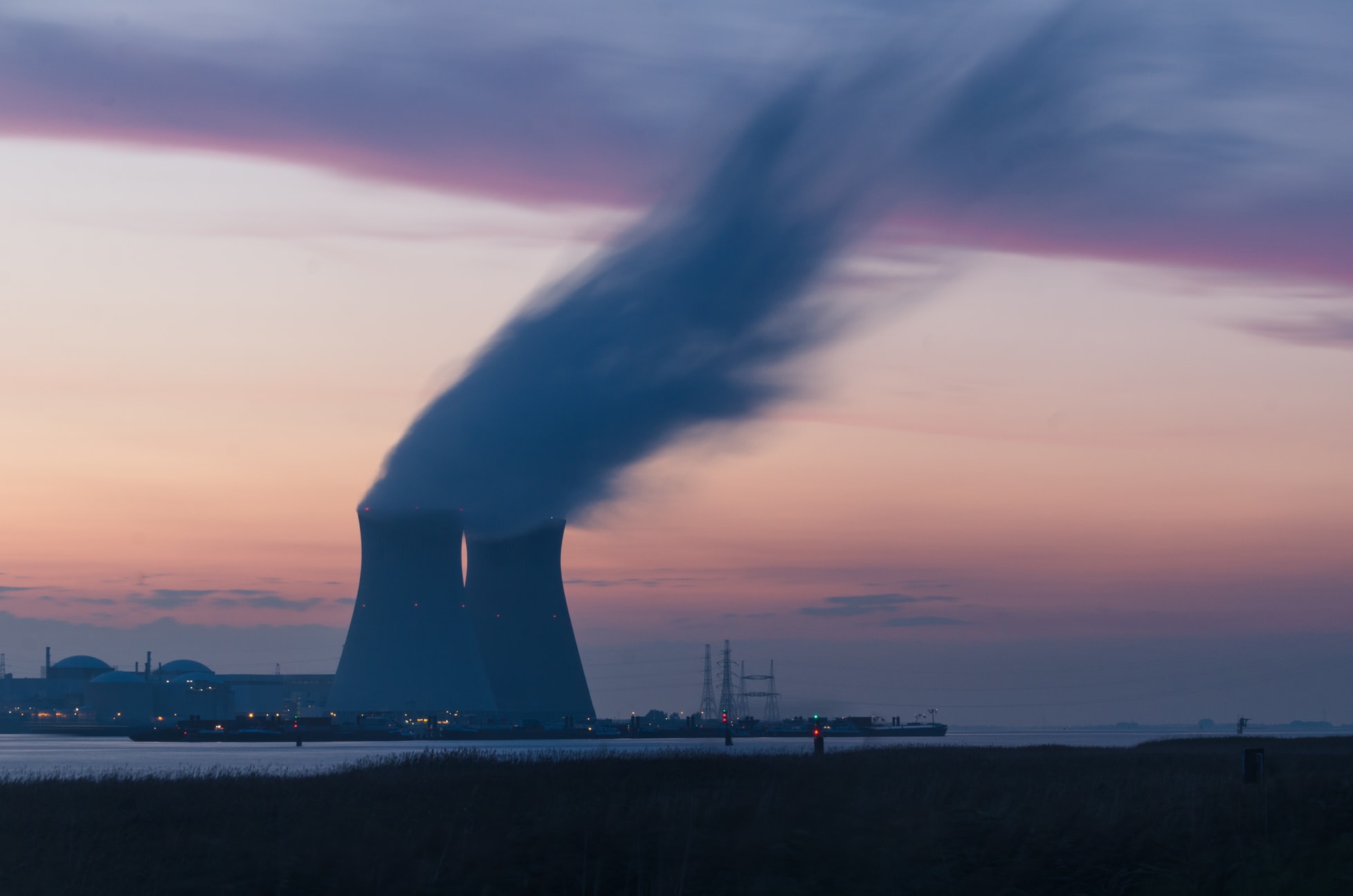
Nuclear power one day coming to Alberta is an exciting prospect for Capital Power Corp., but its chief executive says it’s too soon for the electricity generator to contemplate any meaningful investment in the idea.
“We’re exploring it with best-in-class experts, we’re collaborating with government and we’re keen to move to the next steps,” Avik Dey told analysts on a conference call Wednesday to discuss the company’s third-quarter results.
“In terms of capital allocation or putting risk capital towards it, it’s not something we expect to do in the short- to medium-term unless there’s something material that changes commercially.”
In August, the Alberta government announced it would hold consultations on establishing a nuclear power industry in the province. Premier Danielle Smith has said that could range from small modular reactors powering oilsands facilities to full-scale plants feeding the grid.
Currently, most of Alberta’s electricity needs are met by natural gas-fired generation, including from power plants run by Capital Power.
The province also has ambitions to attract $100 billion in data centre investment. The facilities that house the computing firepower needed for artificial intelligence and other applications would take an enormous amount of power to run and cool them. Smith has said nuclear could play a role in that, too.
Smith has said she sees any nuclear projects being driven by the private sector, as opposed to being shepherded by a Crown corporation, as is the case in other provinces.
“We do think that there is ultimately a role for nuclear,” Dey said. “But we don’t yet have the validation for how we would contract those assets in the existing energy-only market.”
Also Wednesday, Capital Power announced a new contract for a natural gas plant it operates in Michigan and the possibility of developing a data centre adjacent to it.
The Midland Cogeneration Venture, jointly owned with Manulife Investment Management, is the largest plant of its kind in the U.S.
“Michigan is an attractive and growing market for electricity,” Dey said. “This contract is an important milestone for Capital Power as it reinforces the critical role efficient natural gas assets like MCV play in maintaining grid reliability as power demand grows.”
The new contract with Michigan-based utility Consumers Energy is to last until 2040, providing long term revenue stability. MCV is to receive payments for three quarters of the plant’s capacity starting in June 2030. The contract is expected to generate a $140-million gross increase in adjusted annual earnings before interest, taxes, depreciation and amortization, an 85 per cent increase over current contract pricing, Capital Power said.
Capital Power also said that last month it entered into a term sheet for the potential development of a data centre adjacent to MCV. The project would see 250 megawatts sold under a power purchase agreement of up to 15 years.
“The MCV recontracting and other near-term recontracting opportunities tell a very clear story that our strategy of commercial optimization is delivering,” Dey said.
“We can extend contracts, improve economics and secure long-term visible cash flows across core markets, all without taking on new-build risks.”
Earlier Wednesday, Capital Power reported net income attributable to shareholders of $154 million or 94 cents per diluted share during the third quarter, a decline from $179 million or $1.32 per diluted share a year earlier.
Adjusted funds from operations rose to $369 million for the quarter, from $315 million a year ago.
Revenues and other income were $1.21 billion, an increase from $1.03 billion during the third quarter of 2024.
The company has also announced that chief financial officer Sandra Haskins is set to retire at the end of this year after a 23-year tenure.
This report by The Canadian Press was first published Oct. 29, 2025.
Companies in this story: (TSX:CPX)